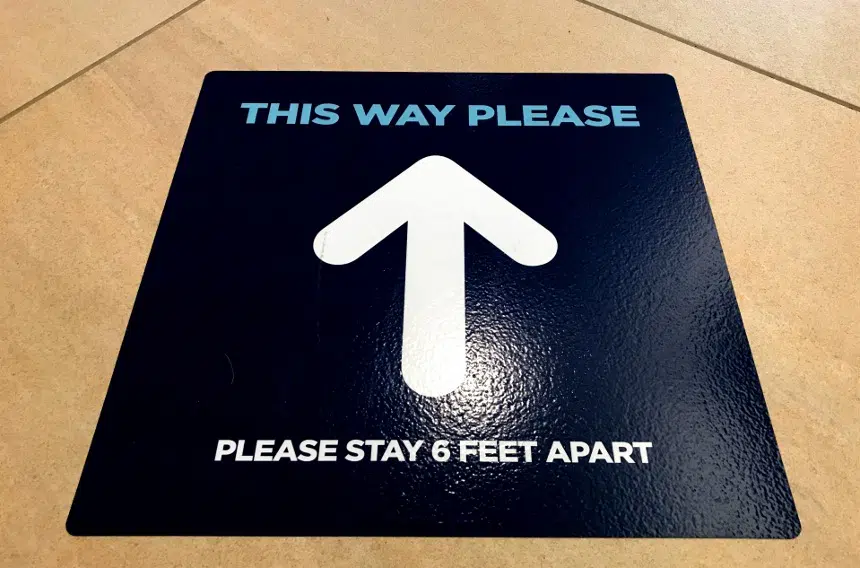Two-thirds of Saskatchewan respondents to a recent survey said the government’s COVID-19 measures don’t go far enough.
The survey of more than 1,500 people by the Saskatchewan Population Health and Evaluation and Research Unit (SPHERU) show 67 per cent of respondents want the province to do more.
Roughly 25 per cent said current regulations “are about right” and only nine per cent of respondents said they “go too far.”
Nazeem Muhajarine, a University of Saskatchewan epidemiologist who is part of the survey team, said the data suggests people are wanting clearer action from the province to prevent the spread of COVID-19.
“The government seems to be playing from a different playbook,” he said. “It is certainly not taking into account what people are saying.”
The survey is part of an ongoing larger SPHERU study on COVID-19 and behaviour. This latest round involved 1,544 people and was conducted between Nov. 23 and Jan. 2.
Women (69 per cent), people aged 50 and under (71 per cent) and residents of the province’s largest urban centres (77 per cent) had the strongest calls for more government action, but support for further restrictions also was reported by men, the elderly and those living in rural areas.
Premier Scott Moe has previously stated the province is trying to strike a balance between public health and safety and trying to keep as much of the economy functioning as normally as possible.
“We don’t need additional restrictions. What we need is everyone to adhere to these ones for a little while longer,” Moe said on Wednesday after extending the current restrictions until Feb. 19.
Muhajarine said data shows neighbouring provinces like Manitoba and Alberta introducing more restrictions and falling new case numbers, suggesting short-term struggles for longer-term gains as a possible strategy to slow the spread.
“They want our government to do the same thing so they can look forward to that day, sooner rather than later, when they can get some of that normalcy back in their lives,” Muhajarine said.
While new COVID cases have dropped in the past 10 days, Muhajarine said the province is ignoring some data while closely following others as deaths and hospitalizations have surged to record levels.
“It is not consistent with the numbers we see,” he said. “We have added over 150 deaths just in the first 27 days of this month.
“These numbers are not consistent with the watching-and-waiting attitude.”
While Muhajarine said he is not anti-business, he said superspreader events at restaurants and bars should not be ignored and those facilities should be restricted to takeout meals.
Muhajarine said new variants appearing in the country that spread faster also add to the caution the province should be exercising.
“That is, in a way, the wild card,” he said. “This could really change the complexion of our pandemic. I don’t see why we would need to wait for that to happen when we can do something now.”
Enforcement, a transparent system and following through on collecting money for the tickets issued for violating rules could also go a long way to not only gaining compliance but decreasing active cases.
“Get those numbers down to a level that is much more manageable (compared) to what we have today,” Muhajarine said.











